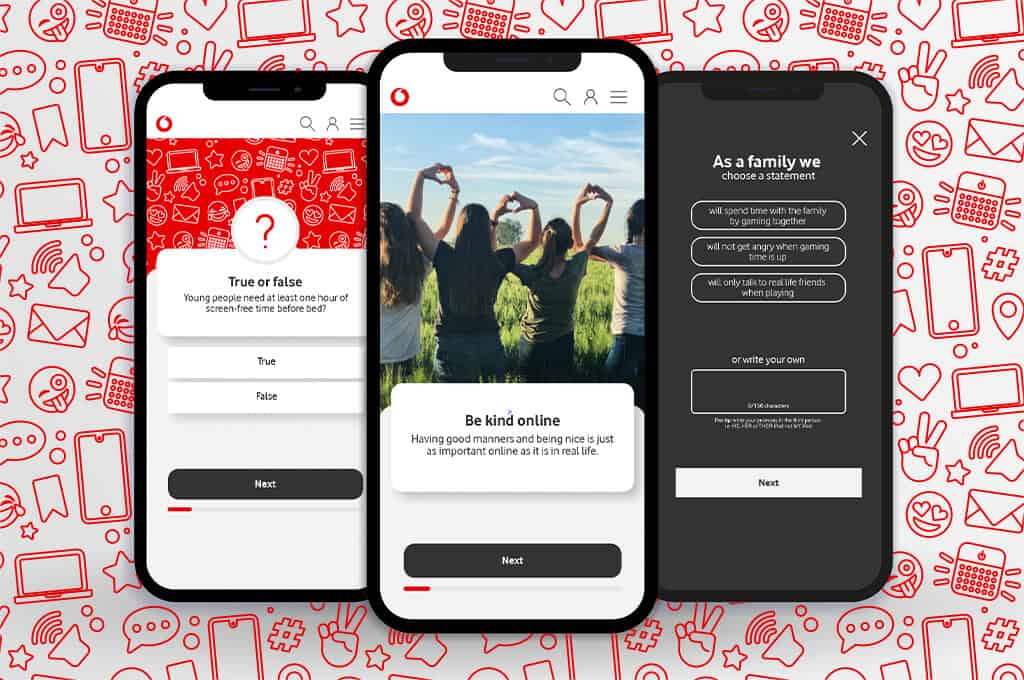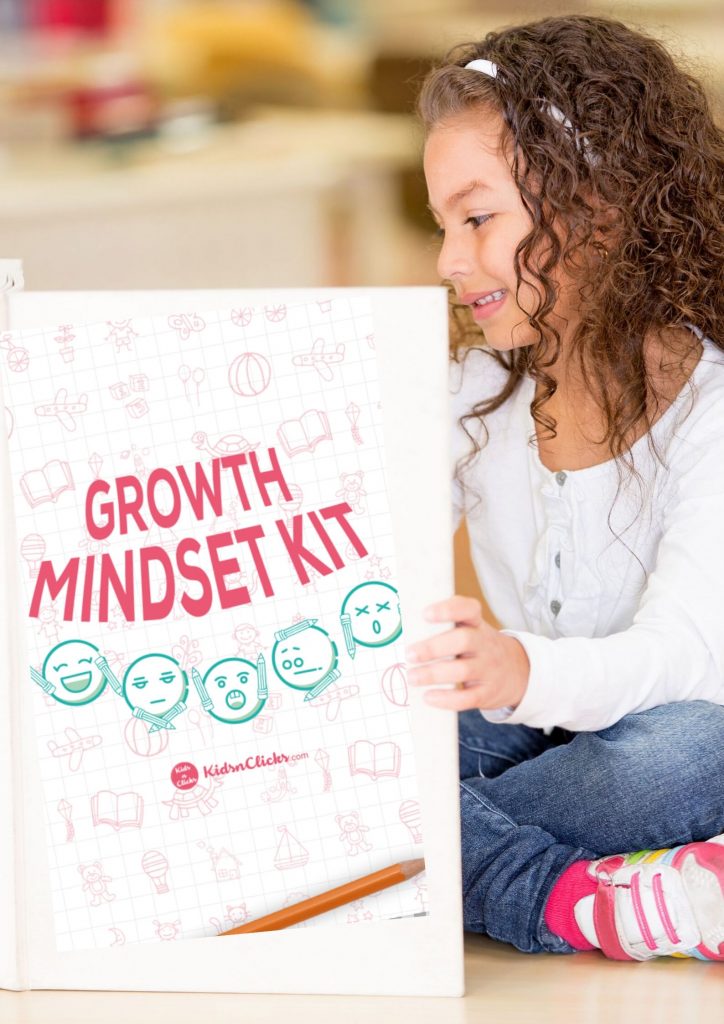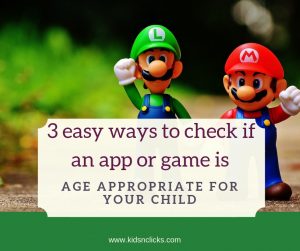It is becoming increasingly normal for young people to find support online. There are plenty of online communities to help teens cope with their emotions.
However, the BBC today reported that there is a growing new social media trend known as ‘sadfishing’.
What is Sadfishing:
Sadfishing happens when “people make exaggerated claims about their emotional problems to generate sympathy.” BBC
Problems of sadfishing :
Sadfishing can cause people with actual emotional problems to be overlooked.
A report by Digital Awareness UK, based on interviews with 50,000 students finds that sadfishing is a growing problem for many school children.
The report shows that students who share on social media about their feelings might be accused of trying to get attention or sympathy.
Don’t forget to check out the Digital Parenting Pledge (create tech rules for your home)
How to know if a student is sadfishing?
It can be challenging to know if a student is sadfishing or facing actual emotional problems.
The key is being able to identify signs when a student is feeling depressed or sad.
Here is some signal that can help you with that :
- Know the general sign of depression: Depression can affect students in many different ways. Their grades may suffer and they tend to find it difficult to focus in class. Here is some general sign of a depressed student :
- Difficulty focussing
- Changes in behavior
- Fatigue or sleeping in class
- Withdrawn and not interested in making friends
- Making pessimistic comments like “I wish I can just sleep and never wake up.”
- Defiant behavior: Fighting, skipping class, etc.
- Lower grades
- Disorganised.
Don’t forget to get this free copy
What you can do if a student is not depressed but sadfishing :
Do not dismiss that student and the reason for sadfishing. In fact, try checking in on the student.
Talk to them privately to know what is actually going on. Ask them after class ( inform them that they are not in trouble). Then nicely ask what is wrong:
- I heard from other students of some things you posted online. What’s going on?
- Are you having any trouble at home or even in school?
- Would you like to talk to a professional? Before saying this, find out if that’s an option for the student.
The last thing you want to do is to dismiss a student’s or child’s emotions by blaming it on sadfishing.
Though it can be hard to know if a child is actually sadfishing or needing real help, you still need to take the time and find out what is really going on.
If the student admits that they are actually sadfishing to gain attention then you can try asking the following questions :
- Why do you want all this attention?
- Whose attention are you actually trying to get?
- Is there something or someone bothering you?
- Has anyone bullied you or said anything nasty to you?
Depending on how they answer, you can then ask them to take the post down.
The next thing you want to consider is how to teach children to love themselves and stop seeking the approval or attention of others.
Now let’s dive deep into this and help prevent the problem of sadfishing. So your time and energy can go into helping children with real problems.
How to teach children to love themselves and stop seeking the approval of others?
The best thing you can do for your students or children is to cultivate a growth mindset at home and in class.
A growth-based approach will teach students resilience and to stop worrying so much about the approval of others.
It helps them succeed in life and it’s a skill they can use even when they are older.
Here is some example of positive things to say:
- “It’s ok to make mistakes. you will learn and improve.”
- “It’s ok to not be liked by the whole world. You can’t please everyone. Just realize that you are a wonderful person and doing your best.”
- “It’s ok to be you and to love yourself just the way you are.”
- “Oh, did I mess this up? That’s not a problem, I can fix it.”
- “It’s ok to not get a perfect gade. Just keep working hard.”
Here is a growth-mindset kit you can use at home or in the classroom.
Was this helpful?
Good job! Please give your positive feedback
How could we improve this post? Please Help us.






